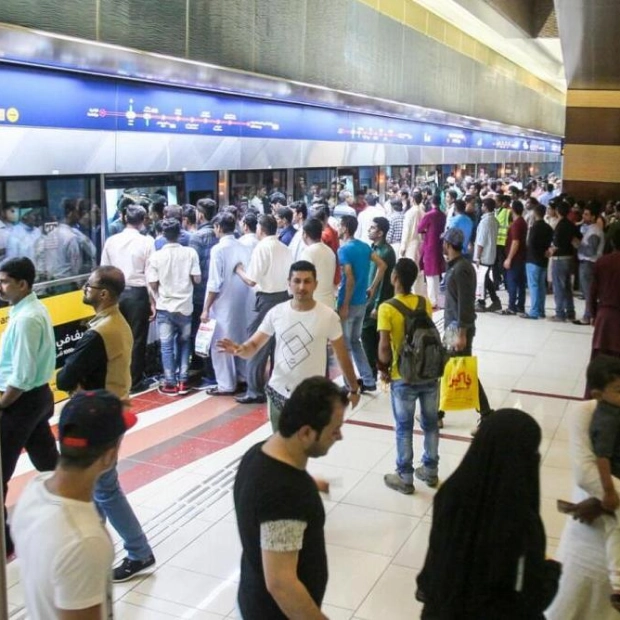The demand for 'travel now, pay later' options, akin to the 'buy now, pay later' (BNPL) concept, is on the rise among UAE travelers, particularly those heading to distant and pricier destinations. During the extended summer school break, numerous UAE residents embark on family vacations to cooler climates abroad. This period marks a peak in outbound travel, leading to record-high airfares to popular tourist spots in Western and Eastern Europe, as well as the Far East. Consequently, many families are turning to 'travel now, pay later' services offered by various platforms. Additionally, some residents are utilizing travel financing from local banks. Currently, institutions like Abu Dhabi Islamic Bank, Ras Al Khaimah Bank (RAK Bank), and Citibank, among others, provide such financing options. Similarly, local airlines have partnered with these banks, enabling UAE residents to pay for their travel expenses in installments, including zero-interest credit options. Tabby, a financial services app, reports a staggering 115% growth in travel merchant sales over the past year, with an average travel order value of $300 (Dh1,300). Meerah Ketait, the head of retail and leisure UAE at dnata Travel, notes a significant interest in flexible payment options and actively promotes them. Dnata Travel has partnered with 12 local banks to offer Easy Payment Plans (EPPs) to UAE travelers, doubling their bank partner base in the last year due to the growing popularity of this service. Ketait emphasizes that these plans aim to provide customers with the opportunity to travel without the burden of a single large payment, offering various options including a co-branded card with Emirates NBD that provides up to 15% back on purchases through dnata points. Avinash Adnani, Managing Director of Pluto Travels, highlights that 'travel now, pay later' is gaining traction in the travel industry, aiding UAE residents in planning vacations within their budget. He observes that many are opting for extended vacations and combining multiple destinations, leading to higher costs and the preference for BNPL options. Adnani explains that this option is particularly beneficial for those who cannot afford a lump sum payment but can manage smaller installments, allowing them to add more destinations to their itineraries.

Text: Lara Palmer
01.07.2024
UAE Travelers Embrace 'Travel Now, Pay Later' Amid High Airfares and Extended Summer Breaks





